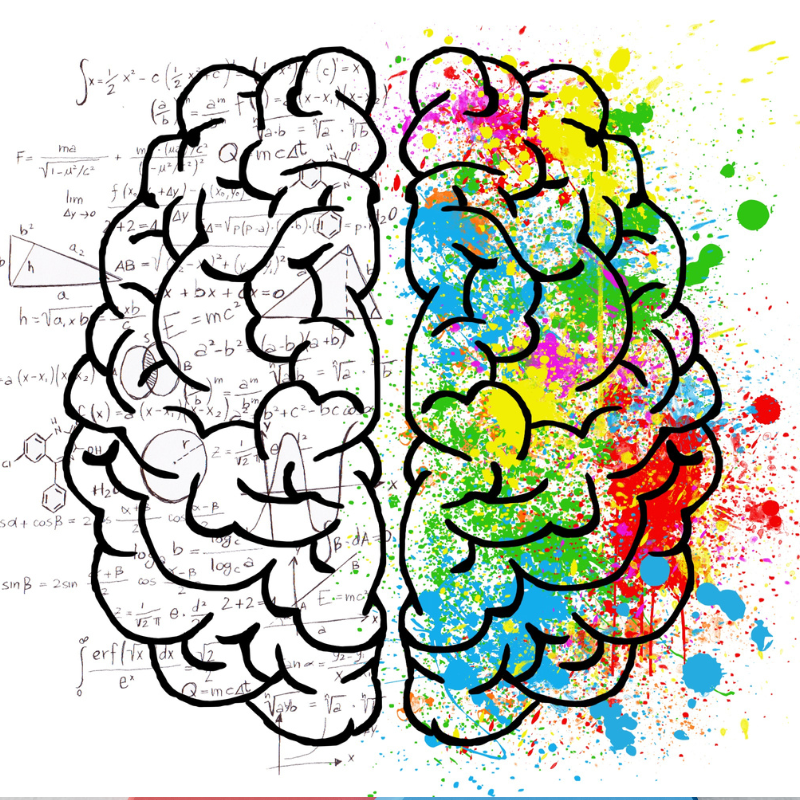Psychology is the systematic exploration of the mind and behavior. It helps us understand how humans think, feel, and act in different situations. You might have heard of psychology in relation to therapy or mental health, but its importance stretches far beyond that. Psychology significantly influences nearly every facet of our lives, from enhancing mental well-being and social interactions to increasing productivity. In this article, we’ll explore why psychology is so important and how it impacts us all whether we realize it or not.
1. Understanding Human Behavior
At its core, psychology is about understanding why people behave the way they do. From the way we interact with others to how we respond to stress or make decisions, psychology provides the tools to study patterns of behavior. By applying psychological principles, we can gain insights into everything from why we form certain habits to how we cope with emotions like fear and anxiety.
Understanding human behavior allows us to predict actions and reactions in different contexts, whether it’s in a workplace setting, personal relationships, or even on a global scale. This knowledge can be applied to improve communication, conflict resolution, and decision-making in everyday life.
2. Mental Health Awareness and Support
One of the most vital contributions of psychology is its role in mental health. Mental health disorders like depression, anxiety, and schizophrenia can deeply affect an individual’s well-being. Psychology helps us understand these conditions, not just from a medical standpoint, but from an emotional and behavioral perspective too.
Therapies like Cognitive Behavioral Therapy (CBT) and Dialectical Behavioral Therapy (DBT) have been developed based on psychological research and are now widely used to treat mental health issues. Understanding the mind allows us to develop coping strategies, self-care techniques, and interventions that can reduce the stigma surrounding mental illness. As mental health awareness grows, psychology plays an essential role in supporting healthier, more fulfilling lives.
3. Improving Relationships and Social Interactions
Psychology isn’t just about understanding the mind of an individual it’s also about understanding the dynamics between people. Whether in family relationships, friendships, or romantic partnerships, psychology can provide valuable insights into human interactions.
Understanding psychological principles can improve empathy and communication, helping us navigate conflict and emotional triggers more effectively. It also sheds light on why people act in certain ways, making it easier to relate to and support one another.
Psychological theories on attachment, social influence, and communication styles can help individuals develop healthier and more meaningful relationships. It also explains group behaviors and how societies form, which can lead to better teamwork and cooperation in professional settings.
4. Enhancing Personal Growth and Self-Improvement
Psychology doesn’t just focus on mental illness it’s also about improving the human experience. Through research on motivation, learning, and goal-setting, psychology helps individuals understand what drives them to succeed and what barriers might be holding them back.
By applying psychological concepts to everyday life, people can boost their personal growth. For example, setting specific, measurable, and achievable goals, known as the S.M.A.R.T. goals framework, is based on psychological principles. Understanding your own cognitive biases and thought patterns can also lead to better decision-making, healthier habits, and increased emotional resilience.
5. Improving Workplace Productivity
The principles of psychology are also essential in the workplace. Understanding employee motivation, leadership styles, and the dynamics of teamwork can make businesses more effective and harmonious. Organizational psychology looks at how to create work environments that foster creativity, collaboration, and job satisfaction.
Psychological research into cognitive function and stress management can also improve productivity by helping employees work smarter, not harder. For instance, psychologists may recommend regular breaks, mindful practices, and ways to reduce workplace stress all factors that contribute to a more efficient and healthier workforce.
6. Psychology in Education
Psychology also plays a significant role in the education sector. Teachers and educators use psychological principles to understand how students learn and what teaching methods work best for different learning styles. Educational psychology studies cognitive development, memory retention, and how to create optimal learning environments.
With a better understanding of psychological concepts, students can develop stronger problem-solving skills, retain information more effectively, and manage school-related stress. Moreover, psychology-based techniques like mindfulness and emotional regulation help students and teachers alike build a healthier, more supportive learning environment.
7. Promoting Better Decision-Making
Our decision-making abilities are deeply influenced by psychological factors, including cognitive biases, emotions, and past experiences. Understanding how the mind works can help us make more rational and informed decisions, whether it’s in our personal lives, at work, or in public policy.
Psychology helps us recognize patterns of behavior that can lead to poor decision-making, like overconfidence or decision fatigue. It also provides tools to overcome these biases, enabling individuals to make better choices and solve problems more effectively.
8. Contributing to Social Change
Psychology is crucial in understanding and addressing societal issues. It provides insights into prejudice, discrimination, and social injustice, helping to foster a more equitable society. Psychological research informs public policy on matters like criminal justice, education, and mental health, ensuring that systems and institutions are better equipped to support individuals and communities.
Moreover, psychology offers practical strategies for promoting social change, whether it’s through increasing awareness of mental health or advocating for the rights of marginalized groups.
Conclusion:
Psychology is far more than just a field of study for scientists and therapists. It’s a vital tool for understanding ourselves and others, and it shapes everything from our mental health and personal growth to our relationships and decision-making processes.
By understanding the principles of psychology, we can create better, more meaningful lives for ourselves and contribute to a healthier, more productive society. Whether you’re looking to improve your own well-being, enhance your relationships, or succeed in your career, psychology offers the knowledge and strategies to help you thrive.






